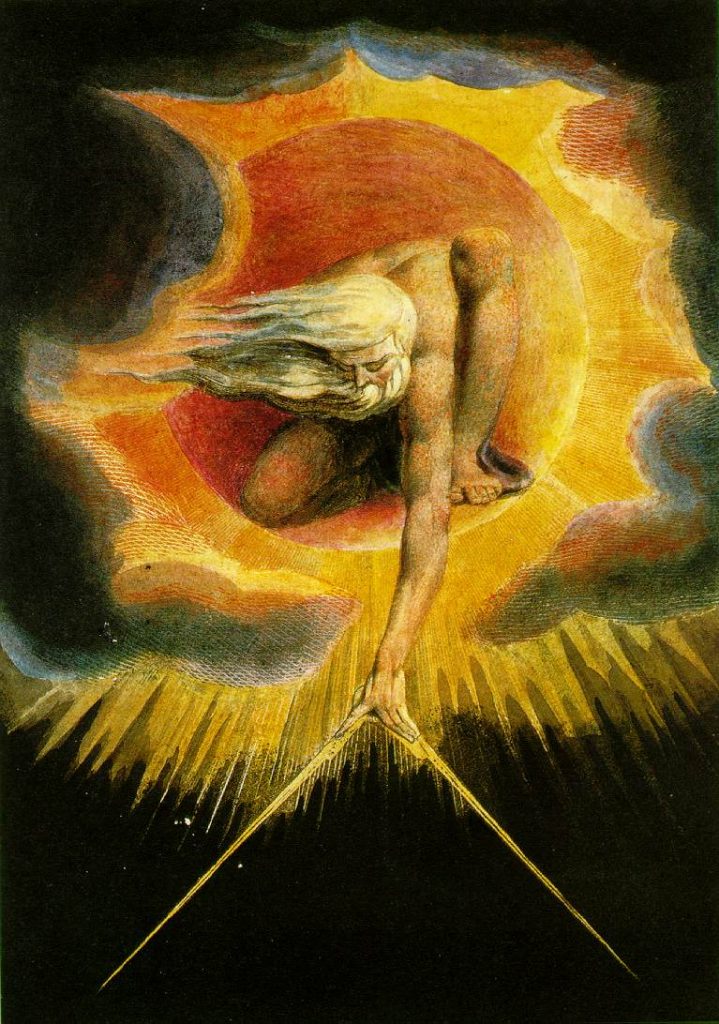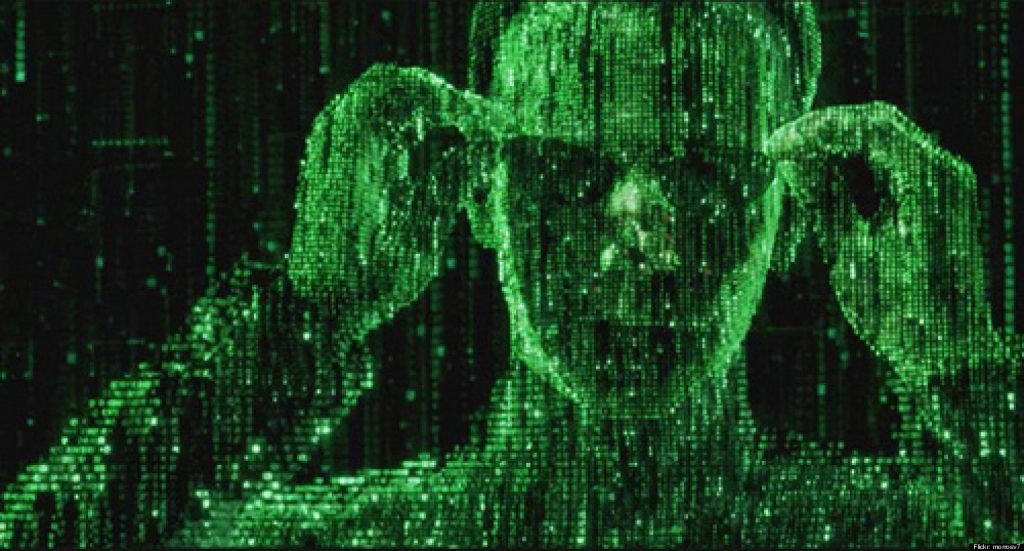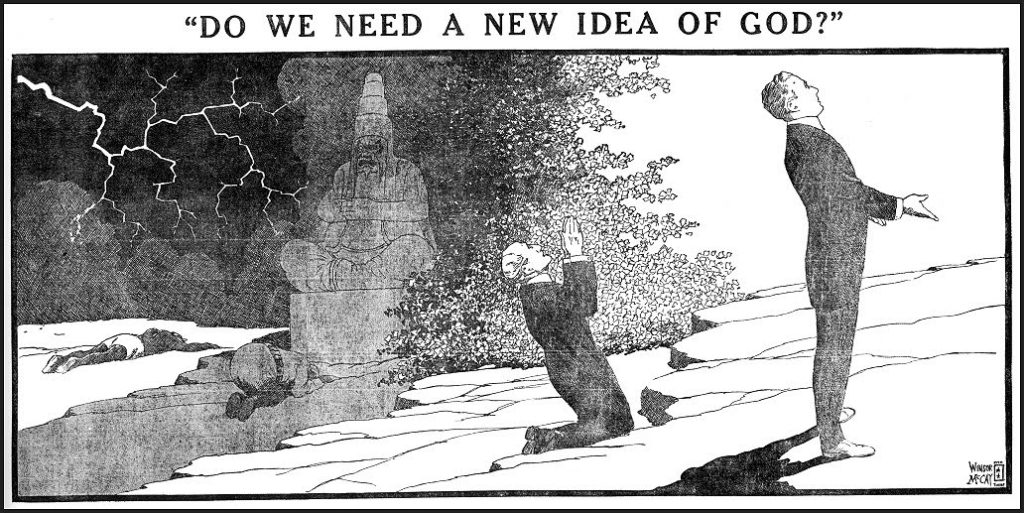Modern religious skeptics often declare that the reason they are atheists is that there is no good evidence for the existence of God. It is as if they were mere dispassionate judges, and no one has yet submitted adequate reasons to adopt a belief in God to them—the immaculate Tribunal of Reason, of course. Such self-described rationalists vehemently deny making the claim that God does not exist, and thus they reject the notion that they must have positive arguments for the conclusion that God does not exist.1 If their supposedly rational stance were sullied by a positive declaration that God does not exist, then they would have to have positive arguments for that declaration.

So, naturally, they want to avoid such a commitment. This seems reasonable. After all, it is among the canons of rational skepticism, if anything is, that we avoid unnecessary commitments. The modern skeptical view is that both the existence and the nonexistence of God are just such unnecessary commitments.
The Supposed Absurdity of God
As I was reflecting about my own lack of belief, it occurred to me that one of the most persuasive arguments against God—certainly one that I personally have taken very seriously—is a Humean argument,2 as follows.

Whatever else the Judeo-Christian God is supposed to be, he is supposed to be a soul, albeit a very great and important soul.3 Now, the only way we have of conceptualizing what souls are is by comparing them to minds. And while we have plenty of experience of our thoughts interacting with our bodies to create stuff like houses and cakes, we have absolutely no experience whatsoever of a mind-like entity creating an entire universe ex nihilo (from nothing) without the use of a body. Especially to the 21st century scientific mind, increasingly well understood as it is by neuroscience, the idea that something like this lump of grey matter might, just by an exertion of thought, cause a universe to pop into existence is not just unsupported and hard to conceive of, it is just ridiculous.
Now, you do not have to conclude from that argument, “Therefore, God does not exist.” But if the above is your earnest reasoning, then surely that is the conclusion you come to.4 And as I think very carefully about my own past mental states, it occurs to me that that is how I have thought about the matter, although I did not want to admit it to myself. I wanted to avoid drawing the conclusion that God does not exist in order to avoid a rational and rhetorical burden of proof, but in all honesty I reflect that I did, in fact, draw that conclusion. I was never sure, of course: I take my methodological skepticism seriously. But look here, if by definition ‘God’ refers to a soul that created the universe, if the only way we have of understanding that basic claim is by analogy to our own human minds, and if it is absurd to suppose any such thing might create solid matter with mere thought, then that absurdity definitely suggests that God does not exist. So no such whole-universe-creating soul exists.

As an argument for the conclusion that God does not exist, this is not a deductively valid argument (it is an argument by analogy, after all), but it is inductively strong and very persuasive to me. That is, this argument is by itself a persuasive reason, maybe the very most important reason, that I personally could not take theism seriously. Minds do not create matter, and certainly not ex nihilo. I often went a step further, by way of hedging: if there is a God, then I have no idea what sort of thing God could be.
World-Building Tech Might Exist. So God Might Exist.
Recently, I have been re-examining arguments on all sides in the philosophy of religion. As I thought again about the argument above, it suddenly occurred to me that I had since more or less refuted it. How?
A couple of years ago on this blog, I did a bit of speculative philosophy. Modern technology, I wrote, would have looked like magic to people long ago. It is not hard for us to imagine a Matrix-type AI system that constructs the very world we seem to live in, some centuries from now. Now, I wrote in that blog post, let us extrapolate even further:

We literally cannot imagine what scientific discovery and technological innovation will make available to us after 500 or 1000 years. Now let’s suppose there are advanced civilizations in the galaxy that have been around for a million years.
Isn’t it now hackneyed to observe that life on Earth could be a failed project of some super-advanced alien schoolchild?5 After all, we already are experimenting with genetic engineering, a field that is ridiculously young. As we unlock the secrets of life, who’s to say we will not be able to engineer entirely different types of life, every bit as complex as the life we find on Earth, and to merge with our inventions?
…
But what if there is some alien race that has evolved past where we are now for millions of years. Imagine that there is a billion-year-old superbeing. Is such a being possible? Consider the invention, computational power, genetic engineering, and other technological marvels we’re witnessing today. Many sober heads think the advent of AI may usher in the Singularity within a few decades. What happens a millions years after that? Could the being or beings that evolve create moons? Planets? Suns? Galaxies? Universes?
Now, I do not claim to be able to draw any positive conclusions about the universe from this sort of argument, though some bolder people do.6 But it occurred to me that maybe there is a good answer to the atheistic argument above. To wit:
As it turns out, our souls—our minds, anyway—individually or collectively, in the distant future, might be able to create a universe. If we can cleverly conceive and take seriously the possibility that some ultra-futuristic humans, or human-AI hybrids, might create planets, stars, galaxies, and ultimately universes, then it is possible that God—a “great soul” and creator of the universe—exists. The suggestion that such a powerful “mind” exists is not absurd.

Is the Existence of God Still Absurd?
I can imagine the atheist responding, “But God is supposed to be unlike a futuristic Matrix-creating AI; he does not create machines that fool us into believing that we are living in a real universe instead of a simulation. He creates the universe itself, the real deal. Moreover, he is supposed to do this ex nihilo, which no one says we do.”
This atheistic response does not take the argument seriously. We are to imagine a billion years of technological advancement, with the assistance of an AI accelerating discovery even beyond present levels, which are historically outrageous. We can imagine future engineers tapping into the levers of planet-building as in Niven’s Ringworld and Dyson spheres. We can imagine more than that even. Moreover, we are already engineering brain prostheses, and theorizing how we might upload our brains into computer systems. It seems possible that some future mental structure—no longer neural, but still mental or soul-like—might create a universe with a thought. We cannot rule this out as absurd.

“Ah,” says the atheist, “but you are still imagining creation happening within an already-existent universe. You are not imagining the creation of an entirely new universe ex nihilo. You have never addressed the absurdity of that.”
True.
But I notice that the atheist is retrenching to a much weaker position.7 Initially, my (Humean) argument persuaded me that a universe-creating mind was absurd, yet here I find myself quite able to take seriously the suggestion that future human minds might be able to create universes with a thought. I am not saying that I think such a wild science fiction story probable, only that it seems conceivable just by extrapolating from the technological advancements we have seen so far. The only thing I continue to find puzzling is the idea of creation ex nihilo. And that is not exactly absurd, but only a difficult problem; after all, physicists do not have any clear cause for the original state of things that gave rise to the Big Bang.
But even on that point, though, I have a sobering realization: one of the denizens of a future human-created universe might well look back at the initial state of that universe and wonder how it was created ex nihilo. The builder of that artificial universe might hand down messages that he is the creator of all. The denizens would be in precisely the same situation with regard to their artificial universe as we are with regard to our (hopefully) real universe.
I am not suggesting that we are living in a simulation or an artificial universe. I am only suggesting that if we can cheerfully conceive of such possibilities without shouting “absurd!”, then it should be much easier for us to cheerfully conceive of a universe-creating God.
If world-building technology might exist someday, God might exist today. And frankly, this rejection of my earlier Humean argument gives me more reason to re-examine other arguments about God.

Footnotes
- If they are sincere, then I would call them ‘agnostic’ and not ‘atheist’. Most self-identified activist atheists—i.e., aggressive “New Atheist” types—think ‘atheist’ means simply ‘one who lacks a belief in a god’, and that ‘agnostic atheist’ is not a contradiction, but this is neither the common usage, nor was it ever my usage, of these terms. Fortunately, this semantic dispute does not matter much to the present discussion.[↩]
- David Hume makes a similar argument in Dialogues Concerning Natural Religion.[↩]
- For the sake of this argument, I am setting aside any doubts about what souls are and whether they exist.[↩]
- Well, not necessarily. You could take credo quia absurdum est seriously.[↩]
- A suggestion again from Hume’s Dialogues.[↩]
- Most famously, Elon Musk says that we are probably living in a simulation, i.e., something like The Matrix is not just possible, it is probably true.[↩]
- At this point, if I wanted to get into the weeds of abstract philosophical theology, I could talk about creation of a contingent, dependent universe ex nihilo by a necessary, independent being, but that would be a distraction, and I want to focus on the argument at hand.[↩]
Leave a Reply to Mike Nolan Cancel reply